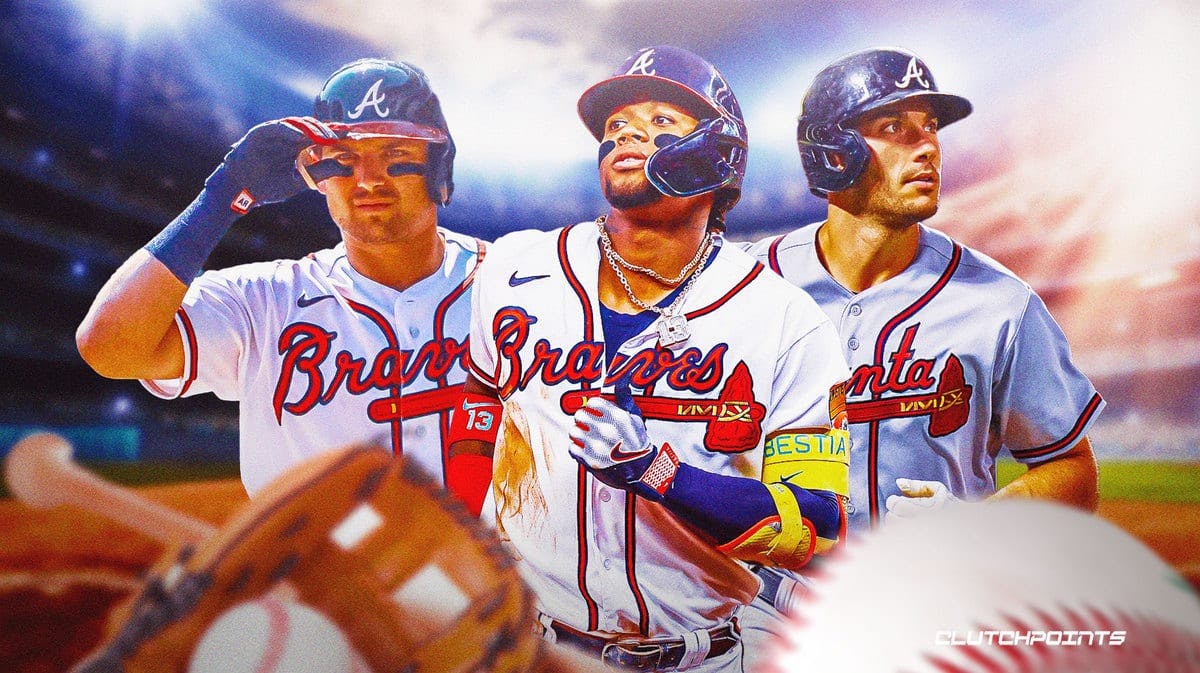The Atlanta Braves have been one of the hottest teams in all of baseball this season. Currently holding an 80-43 record, the Braves have maintained the best record in baseball for a while now. Some of that record came from their scorching hot month of June play, during which they went 21-4, not losing a series the entire month. Overall, they haven't had a sub-500 month of play all season long. This sort of play makes the Braves one of only two teams—the other being the Los Angeles Dodgers—that are given a 100 percent projection to make the playoffs, according to FanGraphs Playoff Odds.
As good as this Atlanta team has been all season, it doesn't mean they are without their fair share of weaknesses. Every team has them, and the Braves certainly aren't excluded from that, no matter how good their roster has been this season.
The Braves live on the long ball
The Braves have made it well known all season that they can send the ball out of the park and into the outfield seats. And this holds true from the top to the bottom of the lineup, starting with Ronald Acuna Jr. and extending to Michael Harris when he's playing in the nine-hole spot. The Braves are currently leading the majors with 235 home runs, which is 41 more than the second-place Dodgers. As of this writing, there's only one player with ample playing time who's in single digits for homers, and that's catcher Travis d'Arnaud, who doesn't play every day. Only three players have hit under 20 homers: Michael Harris (11), Orlando Arcia (14), and Eddie Rosario (19). They have seen reduced playing time either due to injury or, in Rosario's case, platooning in left field. The rest of the lineup has hit 20 or more, with three players on the cusp of 30 (Austin Riley, Ozzie Albies, Acuna). Matt Olson is the outlier here, tying for the league lead with 43 homers alongside Shohei Ohtani.
So, yes, the Braves can send the ball out of the ballpark. But can they continue to rely on that strategy? The Braves have won only four games this season in which they didn't hit a home run, according to StatMuse. Yes, just four.
The playoffs are all about manufacturing runs because, more often than not, the pitching is far superior once October baseball begins. Also, as the leaves start to turn and the weather gets colder, the ball tends to stay more within the ballpark than outside it. If the playoffs were today, the Braves would still be the number one seed, receiving a first-round bye. They would have to face either the fourth-seeded Philadelphia Phillies, the fifth-seeded San Francisco Giants, or the sixth-seeded Chicago Cubs. The biggest concerns here would be games in the colder cities of Chicago and Philadelphia, although playing in the Bay Area and Oracle Park in San Francisco isn't the most hitter-friendly of parks either.
The Braves have proven all season long that they can score early and often if need be, and they can quickly get back in the game with a couple of long balls. But is that sustainable? With a 13.5-game lead in the division, it's hard not to go with the old cliché “if it ain't broke, don't fix it” method. However, Atlanta may want to consider tweaking their approach as the playoffs inch closer.
